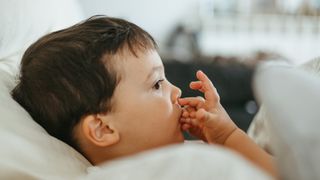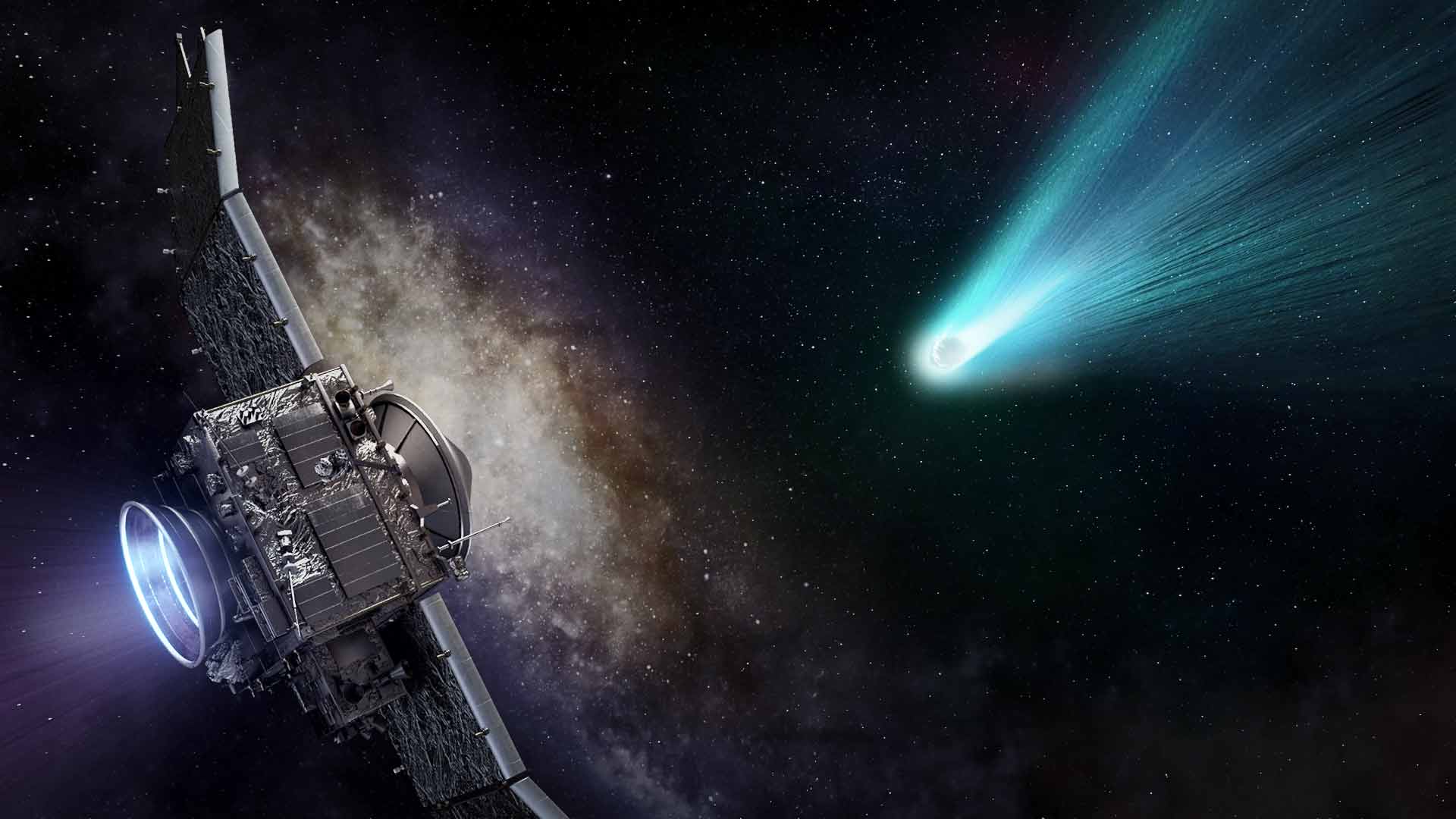Genetics news, features and articles
Latest about Genetics
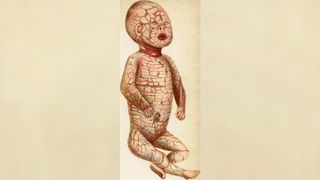
The rare genetic disease that gives babies hard 'scales'
By Nicoletta Lanese published
The genetic disease harlequin ichthyosis affects the transport of fats within the skin, resulting in hard, scalelike plaques and an array of other symptoms.

Race and genetics do not line up well, new study confirms
By Elisabeth Mahase published
A new study finds the genetic backgrounds of people in the U.S. are "highly complex" and may differ from their self-defined racial or ethnic groups.
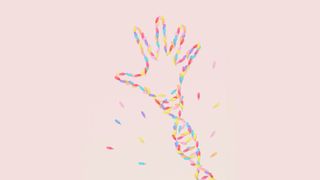
How much of your disease risk is genetic? It's complicated.
By Arun Durvasula published
Opinion Environmental factors such as lifestyle and the medications you take influence the effects your genes have on your body — and can clarify how diseases develop.
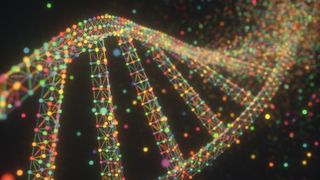
US baby receives first-ever customized CRISPR treatment for genetic disease
By Nicoletta Lanese published
A baby known as KJ is the first person in the world to receive a customized CRISPR therapy designed to fix a specific mutation.
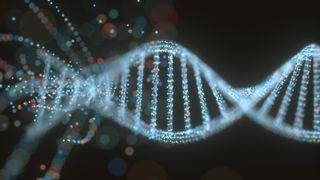
New CRISPR alternative can 'install' whole genes, paving the way to treatment for many genetic disorders
By Nicoletta Lanese published
A new gene editor takes advantage of CRISPR-associated proteins to insert whole genes into the genome, scientists report.
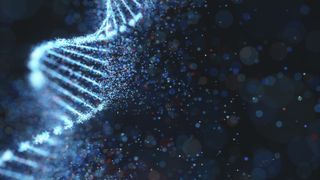
Immune system genes are linked to bigger brains and longer lifespans in mammals
By Kamal Nahas published
The genomes of long-living, big-brained mammal species reveal that they carry more copies of immunity genes. Experts speculate that these genes may affect longevity.
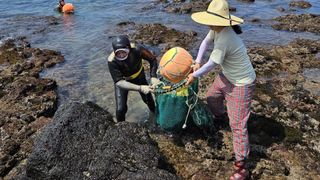
Unique genes pinpointed in legendary 'women of the sea' in South Korea
By Kristel Tjandra published
A new study explores the physiology of Jeju Haenyeo, the famous female freedivers in South Korea.
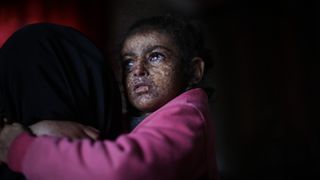
The rare genetic disorder that forces people to avoid sunlight
By Emily Cooke published
People with xeroderma pigmentosum can severely burn within minutes of being in the sun and are thousands of times more likely to develop skin cancer than others.
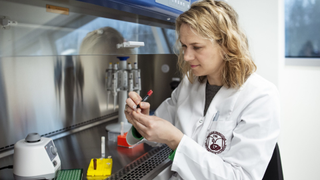
DNA from across the ages can reveal migrations of Iron-Age people and genes that protected against Chernobyl radiation
By Emily Cooke published
Ingrida Domarkienė, a geneticist at Vilnius University in Lithuania, discusses the exciting developments made possible by studying ancient and modern DNA.
Get the world’s most fascinating discoveries delivered straight to your inbox.


